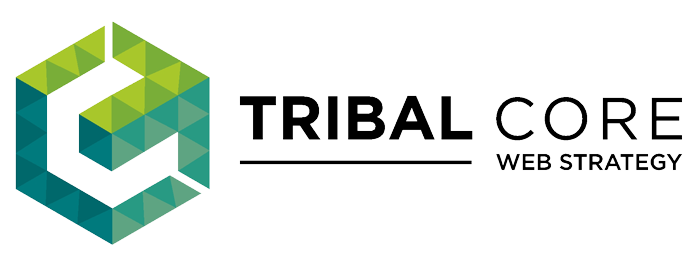This glossary is for terms related to internet marketing, search engine optimization (SEO), google analytics and other web marketing terms.
Internet Marketing
PPC – Pay-Per-Click Advertising. The largest network is Google AdWords, followed by Overture, Microsoft AdCenter and others. The advertiser sets a maximum bid, i.e. $1.00 per click. An account will have a series of keywords,ads and destinations (i.e. the advertiser home page). When a keyword is searched on, a relevant ad is shown in the “Sponsored Listings”; clicking the ad will take the user to a page of the advertiser’s choice.
Search Engine Optimization (SEO)
Anchor Text – descriptive words used to link to another site or another page on your site. The more “contextual” the anchor text is, the more it helps in search engine results. For example, if you were to link to this page as Internet Marketing Glossary, it would help this page rank for related searches, such as internet marketing glossary, web marketing terms, glossary of internet marketing terms, etc. Here is some sample code for the above example:
<a href="https://tribalcore.com/services/glossary-internet-marketing/" title="internet marketing glossary">Internet Marketing Glossary</a>
Keyword Phrases – two or more words that describe a topic. For instance, “widgets” is a keyword; “blue widgets” and “blue vinyl widgets” are keyword phrases. Keyword phrases are more granular and targeted than broader keywords. They are generally less competitive and thus easier to rank well for and cheaper to bid on when using pay-per-click advertising. Optimizing for keyword phrases also tends to produce more relevant traffic, where a prospect searching for “topeka kansas mortgage broker” is much more likely to become a customer than someone searching for “mortgages”.
On-Page Optimization – the equivalent of “optimizing a website,” on-page (or on-site) optimization includes writing good copy and editing some technical fields based on 1-3 target keyword phrases. This puts the content on the page in better context, and contributes to the factors that result in good search engine results.
Analytics
Bounce Rate – this measures when a visitor the site enters a page, and leaves without clicking anything. While it is not uncommon for a site to have a Bounce Rate of over 50%, more insight is gained by examining Bounce Rate on a page-by-page basis.
Click Attrition – a general rule of thumb is that a website will lose half its traffic for every click it makes the visitor take (which can be measured by analyzing the Bounce Rate on a page-by-page basis). It makes good sense to give the visitor the information they are looking for, and allow them to complete a task such as purchasing or signing up for a free e-book, in as few steps as possible.
Direct Traffic – visitors to your website that did not get there by search (paid or not), nor by a referring website. The Direct Traffic visitor either has your site bookmarked or typed your domain directly into the browser URL locator. There is an exception, where marketing campaigns are incorrectly tracked and show up as Direct Traffic, instead of breaking down into a Source, Medium and Campaign. If you are running any online marketing campaigns, be sure that links to your site contain the information needed to track the campaign.
Google Search
Organic Listings – when searching in Google, the main column includes the organic listings – the order of these is based on a number of factors, but the sites listed have not paid Google directly for their slot in their search results. The organic listings are usually surrounded by “Sponsored Listings” (see PPC above) on the right and at the top.
